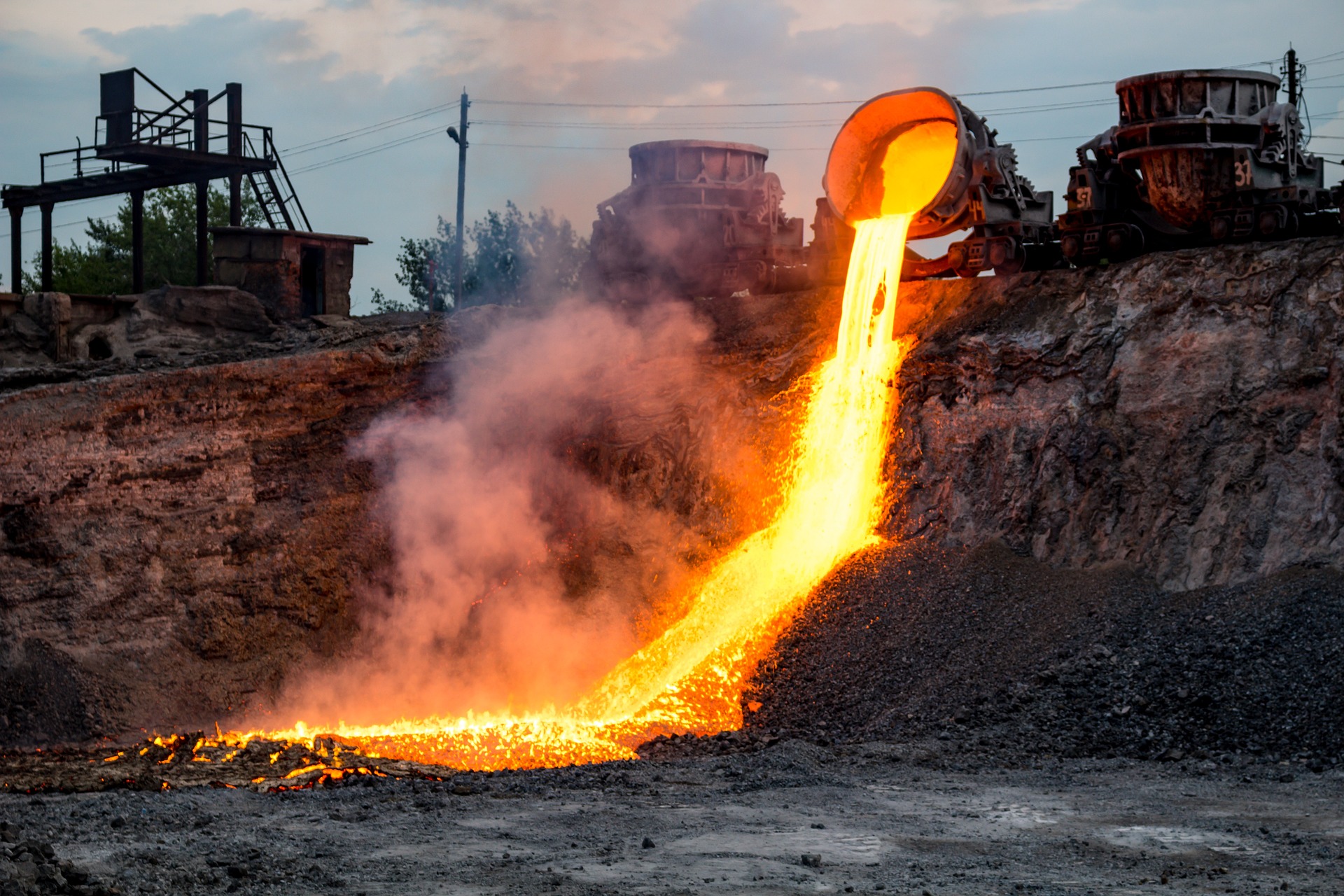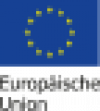Joint project for the research of slags starts
How can we improve the resource efficiency of metallurgical processes and at the same time make better use of the slag produced in these processes?

Can metallurgical processes become more resource-efficient and improve slag recycling? A new research initiative tackles this question. Funded by the German Federal Ministry of Education and Research under the “KMU innovativ” program, the project is called “MaRSCH – On-line Material Classification by Radar in Slags.” It combines advanced radar technology with metallurgical expertise to revolutionize slag analysis.
Radar Technology for Real-Time Slag Analysis
Slags and their individual levels are being analyzed in this project. This innovation could greatly improve the efficiency of metallurgical processes. At the same time, it can enhance sustainability by reducing waste. Additionally, it aims to make slag recycling more effective.
Key Project Partners
- TU Bergakademie Freiberg: Contributing expertise from the Institute for Iron and Steel Technology and the Institute for Non-Ferrous Metallurgy and High-Purity Materials.
- mecorad GmbH: A startup specializing in radar development and advanced signal evaluation.
Research on the properties and recycling of metallurgical slags is a key focus area. “Using radar sensors for this purpose and testing them directly at our facilities is an exciting challenge,” said Dr. Thilo Kreschel from the Institute of Iron and Steel Technology at TU Bergakademie Freiberg.
Professor Alexandros Charitos from the Institute for Non-Ferrous Metallurgy and High-Purity Materials emphasized the potential of the project. “Modern sensors are the foundation of digitalization in the metallurgical industry. They help make processes more efficient. We are excited to work with mecorad to further develop this innovative radar technology,” he added.
mecorad’s Perspective
Dr. Marc Banaszak of mecorad shared his enthusiasm for the partnership. He said, “The expertise of the team at TU Bergakademie Freiberg, along with access to their state-of-the-art laboratories, is invaluable. We believe this joint project will help automate slag phase separation before disposal. This will not only enhance efficiency but also promote sustainability in the industry.”
Project Funding and Support
The project is supported through the “KMU innovativ” program. It is being executed by PT Jülich Research Center. This initiative underscores Germany’s commitment to advancing resource-efficient technologies in the field of metallurgy.
Why This Project Matters
The recycling and management of metallurgical slags is a critical challenge for the industry. By integrating radar-based real-time analysis with cutting-edge metallurgical research, the project could bring significant benefits. It has the potential to reduce waste, lower costs, and foster greater sustainability.
Stay tuned for updates as the MaRSCH project unfolds or visit the project description.
Find more information on the KMU innovative programme on the programme site.








